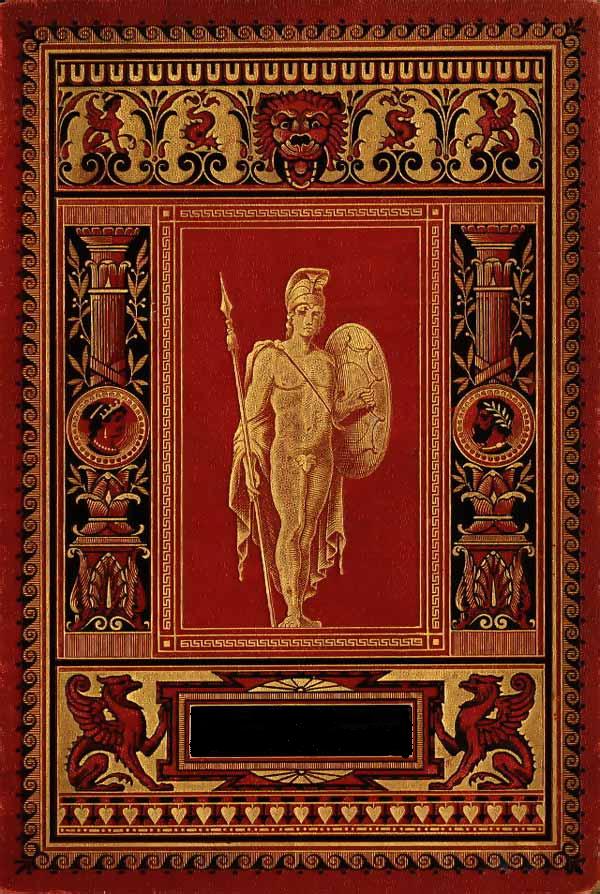
Before Jerusalem Fell
Church pre A.D. 70 by
Gary North
“Before Jerusalem Fell: Dating the Book of Revelation” is a doctoral dissertation seeking to demonstrate that Revelation was written prior to the destruction of the Jewish Temple in AD 70 and that it was prophesying that event. It proves this early date for Revelation by providing both internal evidence from within Revelation and external evidence from Church history and tradition. It provides much exposition of the text of Revelation.
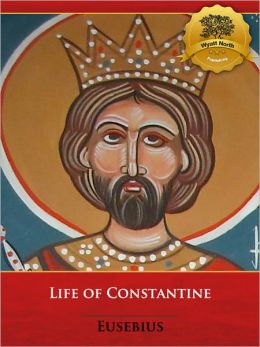
Church History – Life of Constantine
Early Church by
Eusibius Pamphilius
Roman Empire Christian; Eusebius wrote his life and preserved his letters so that his policy would continue. This English translation is the first based on modern critical editions. Its Introduction and Commentary open up the many important issues the Life of Constantine raises.

Pentecost to Prison or Book of Acts
First Century Church by
Charles H Welch
From Pentecost to Prison , by C. H. Welch is an exposition on the Acts of the Apostles. We need this historical account of what happened after the salvation of God was sent to the Gentiles…
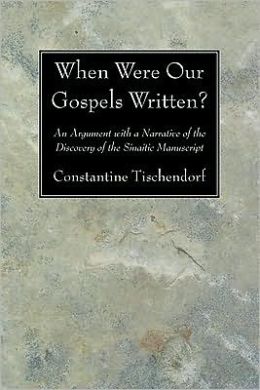
When Were Our Gospels Written
First Century Church by
Constantin Von Tieschendorf
“In 1844, Tischendorf made one of his greatest discoveries in the shadow of Mount Sinai— the Codex Sinaiticus, one of the oldest New Testament manuscripts, dated around AD. 360-375. In When Were Our Gospels Written? Tischendorf recounts his search and discovery of the manuscript. Based on the new information yielded by that discovery, the scholar estimates dates for the composition of the Gospels. This is a reproduction of a book published before 1923. ”

Church History or Life of Constantine
Church History by
Eusebius Pamphilius
Church History or Life of Constantine; This book outlines the thrilling story of the onward march of the Church of Christ from the earliest times to the end of the nineteenth century. It is not a dry-as-dust account of long-forgotten events and controversies, but rather a moving record of those who undertook the adventure of faith before us and, through their courage and steadfastness, left an example for the church in every age.
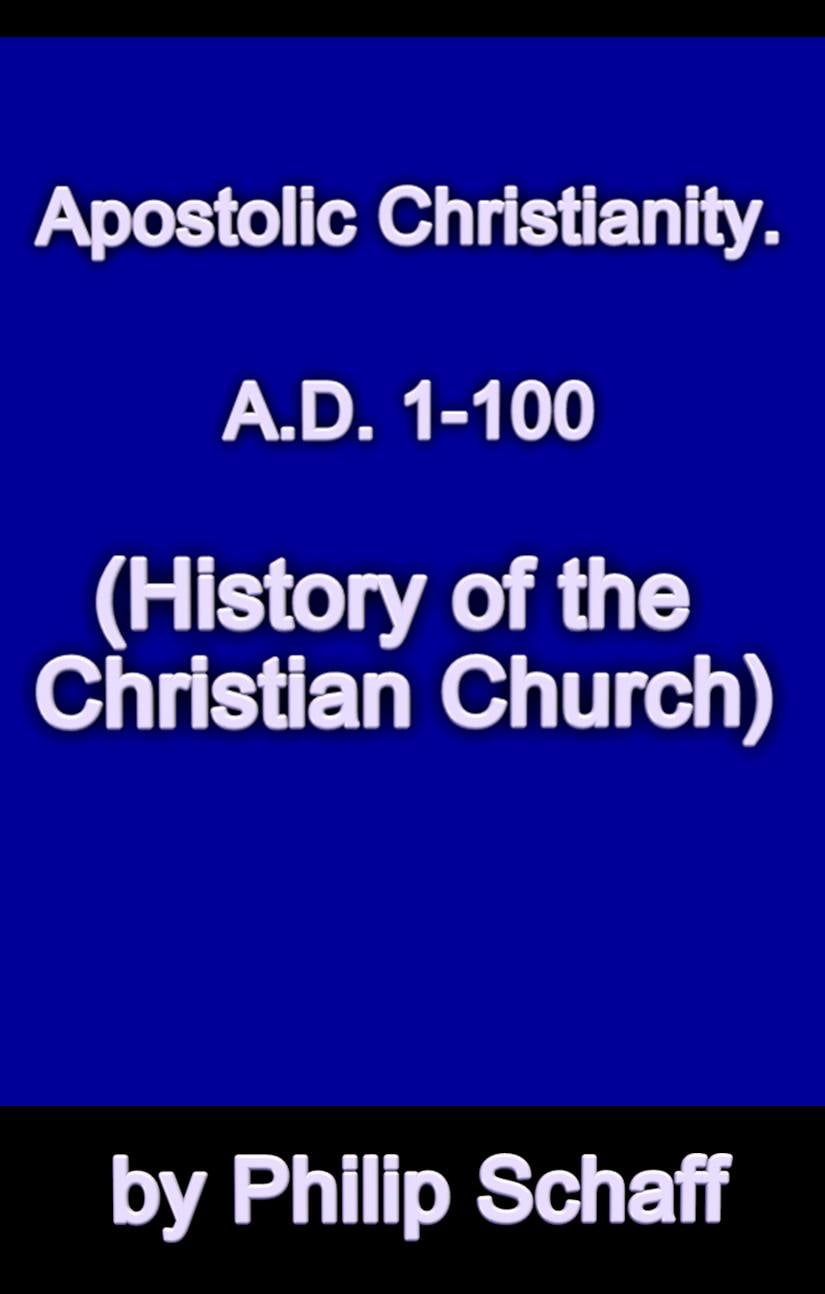
Apostolic Christianity Vol 1
Church History v1 by
Philip Schaff
Apostolic Christianity Vol 1 of of eight-volume work, which covers Christian history from the apostles to the Swiss Reformation, incorporates discussion of ideas and ideals throughout the history of the church with the requisite facts and figures for each period of history. Each volume contains maps, charts, notes, bibliographies, and an index
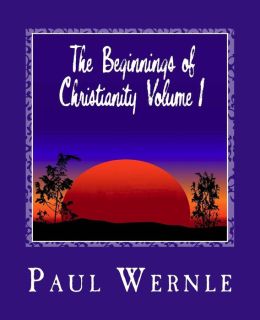
Beginnings of Christianity Vol 1
First Century Church by
Paul Wernle
Paul Wernle was a professor of church history and New Testament studies at the University of Basel around the turn of the 20th century. The Beginnings of Christianity, relying upon the Bible and then-current historical and textual scholarship, traces the origin and development of the Christian religion. The first volume documents the rise of Christianity, the early Christian community, and the theology of St. Paul.

Paleo Hebrew
Hebrew Picture Language in letters. by
Jeff Benner
The Ancient Hebrew Torah, the Torah can be read and studied through the original pictographic script from the time of Abraham and Moses. Each letter in this ancient script is a picture, where each picture represents a concrete idea. The Hebrew word often translated as “God,” is a picture of an ox head, representing power, and a shepherd staff, representing authority.